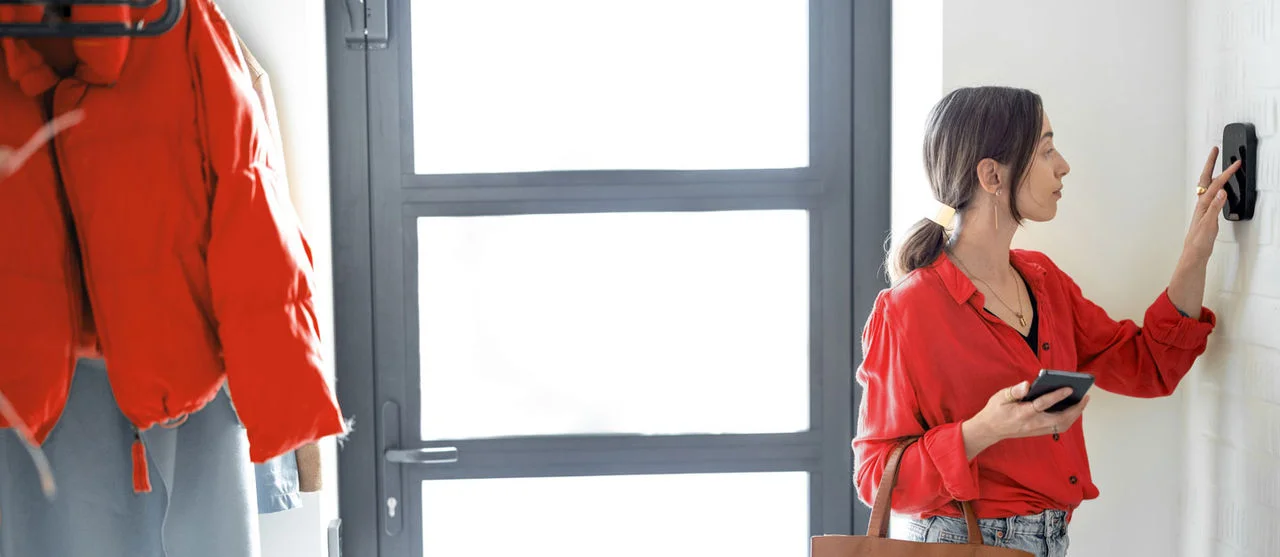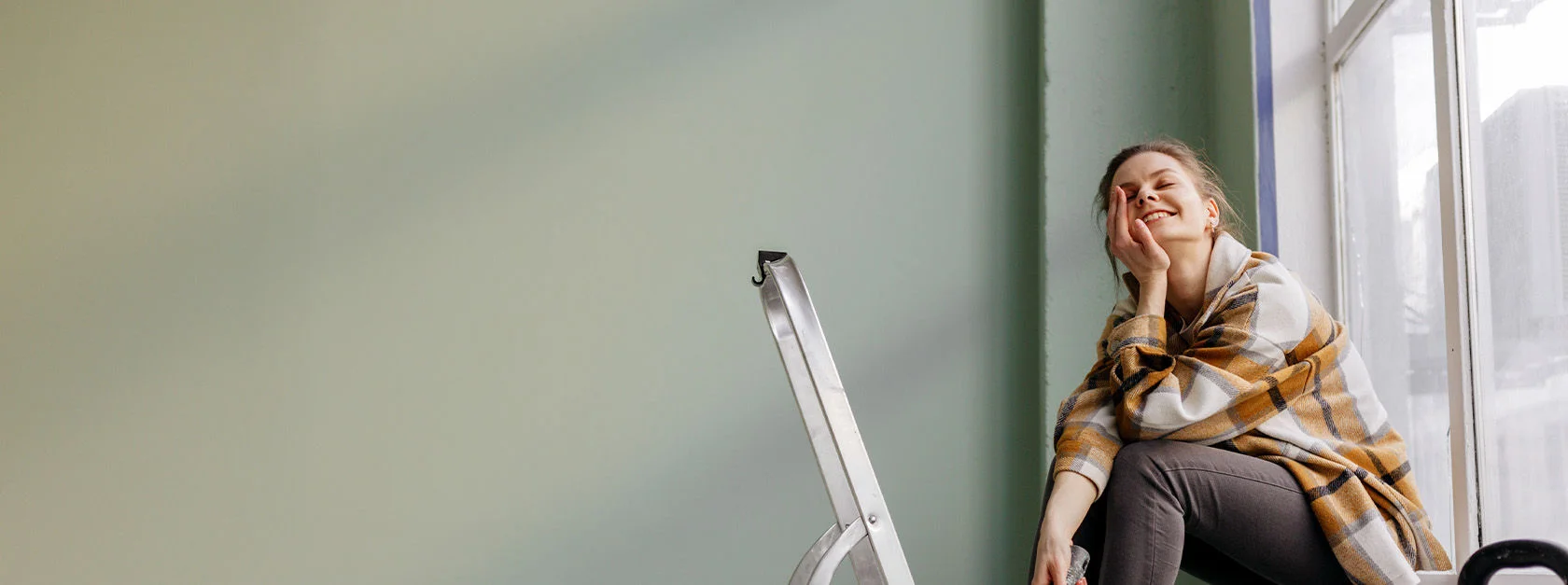Home ownership
Protection: how to protect your home.
How to protect your house or flat against intruders.
Everyone looks forward to a trip in the summer or a visit to see relatives in the winter – including burglars. This article explains how you can protect your home properly – and what to do if you still return home to a nasty surprise.
Preparation is key – properly protecting your flat or house from break-ins
Your belongings are safest from intruders if you give the impression that you are still at home and the property is not empty. You could try the following to conceal your absence:
Ask your neighbours for help
One of the biggest signs that you are away is a full letterbox. If it is overflowing with letters and newspapers, it is immediately evident that the owners are not at home. And that is a welcome invitation for intruders. So, ask neighbours or friends to empty your letterbox at regular intervals. You can also have letters and parcels held by the post office, so they will keep everything safe and sound while you are away and deliver it to your address as soon as you are back.
If your neighbours are emptying your letterbox for you, and potentially also watering your plants, ask them to open and close your shutters or roller blinds from time to time. This similarly hides the fact that you are away from home.
Closing the door is often not enough
Even if you are away for just a short period of time, you need to make sure your doors and windows are locked, including any windows on upper floors. A window left ajar is a welcome invitation for intruders, and isn’t enough to prevent break-ins. In addition, you should put any ladders or other items that could help intruders into your garage and make sure it is locked. If possible, you should also lock your garden gate, along with your garage and cellar door.
Automatic timers, alarm systems and motion detectors for effective protection against break-ins
Evening is a particularly popular time for break-ins: a dark house is virtually a sure sign that nobody is at home. But you can use automatic timers to turn on the lights in your living room and kitchen at dusk, and even put the TV on so that it looks as if someone is actually there. A great product designed for this job is “Kevin” made by Mitipi. “Kevin” simulates the presence of people by reproducing realistic sounds and light effects. Via an app, you can control this smart device from wherever you are. So you’ve always got your own break-in protection handy.
Alarm systems also help protect you against intruders. If possible, have an alarm system installed – and don’t forget to set it. Newer models also have a built-in motion sensor which responds very precisely and sends messages to your smartphone via an app.
Anti-intruder shutters for optimal break-in protection
Another state-of-the-art gadget in this area is the anti-intruder shutter. These have particularly stable roll-up panels that run on reinforced rails. They can be a good deterrent against burglars, especially for people who have doors and windows on the ground floor or first floor. These shutters are not cheap to buy, though, and aren’t the norm on rented accommodation. It would be best to discuss this option with your landlord.
Buy yourself a safe
While a safe doesn’t directly enhance your protection against a break-in itself, it does make it more difficult for burglars to steal your valuables. When deciding what to buy, go for a 100 kg safe or one that is built into the wall. If neither of these suits your situation, a bank safe is a good alternative.
Keep your absence a secret – even online
It goes without saying that you are allowed to tell neighbours and friends about your holiday plans – and in fact, it is important that you do tell them! That is because a good few break-ins have been prevented by a neighbour keeping a watchful eye out, proving this is a good form of protection against break-ins. However, you should be careful whom you tell that you are going on holiday. Do not post publicly on social media when you are going away and for how long. You should also avoid putting a note on your letterbox with information for your mail carrier or any visitors. If you have an answerphone, make sure your message does not state that you are away for a lengthy period of time: just say that you are currently unable to come to the phone.
Be prepared for an emergency
Even if you follow all of the above tips, you could be unlucky and return from holiday to find your house in disarray. It is important that you limit the potential damage in advance. Cash and valuables should be in a safe or safety deposit box. Important documents should not be left lying around, either, and not just when you are on holiday.
However, not everything fits in a safe. So, protect your belongings against theft with our household contents insurance. If you want to be insured against theft while travelling, you can also choose to include this additional option in your household insurance.
Suitable insurance products









 Contact
Contact
 Find an agency
Find an agency









 Close
Close




